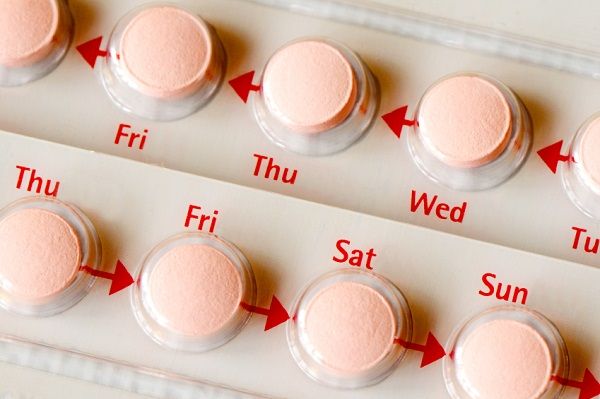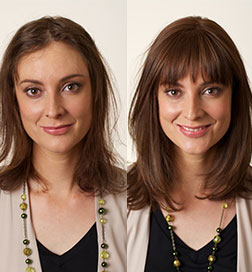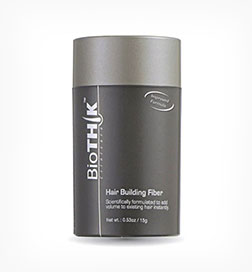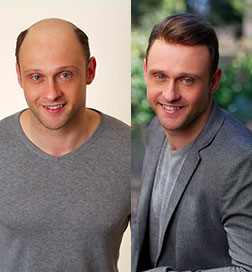
Whether you’ve read the headlines or you’ve experienced it yourself, there’s no doubt that a common side effect of the birth control pill is hair loss in women. Some women experience hair loss while they’re on the pill, while others don’t notice the effects until several weeks after stopping it.
As with many medications, it can be hard to determine if contraception is the culprit, so here’s a look at the possible connections and what you can do about it.
How can the birth control pill cause hair loss?
According to The American Hair Loss Association, birth control pills have been clinically proven to be safe and effective. However, the Association also recognises the negative effects on normal hair growth, especially in women with a history of hair loss in their family.
Hair loss can be an issue for women who are sensitive to the hormones contained in contraceptive pills. The main reason is because the pill can disrupt the normal growth phases of your hair.
You hair grows in cycles, from active, to transitional, to resting. Birth control pills can cause the hair to move from the active growth phase, to the resting phase too soon. This results in large amounts of hair growing, but also falling out at a pace that’s too rapid for the regrowth.
For women who are sensitive to hormonal-related hair loss, as the pill suppresses ovulation, the hormonal changes taking place in the body can increase the chances of hair loss weeks or even months after stopping the pill.
When hair loss is the result of high levels of oestrogen, which increases the cell turnover and speeds up the entire cycle, it’s medically termed telogen effluvium. Often, however, treatment isn’t required as your body will eventually adjust to the higher oestrogen levels.
What can you do about hair loss?
If you feel you are experiencing hair loss due to the contraceptive pill, it’s important to seek medical advice before stopping. You may be able to change to a lower-dose pill or find another suitable form of contraception, especially if female hair loss runs in your family.
Taking extra care of your hair, avoiding chemical-based treatments and styling your hair gently can also help as your body adjusts hormonally. You can also promote hair growth by making changes to your diet to include sufficient amounts of vitamins and minerals, including zinc and B vitamins.
To help you through the stages of adjustment, there are a number of hair loss treatments available. These include Laser Hair Therapy, cosmetic hair thickener, extensions and even wigs for women.
If you’re concerned, consult a professional at the early signs of hair loss. This can help you restore your confidence and find solutions for the ongoing health of your hair.
Need advice on the best cosmetic options available to create thicker hair? Call our hair loss clinic in Sydney for more information. Ph: 1300 427 778.




